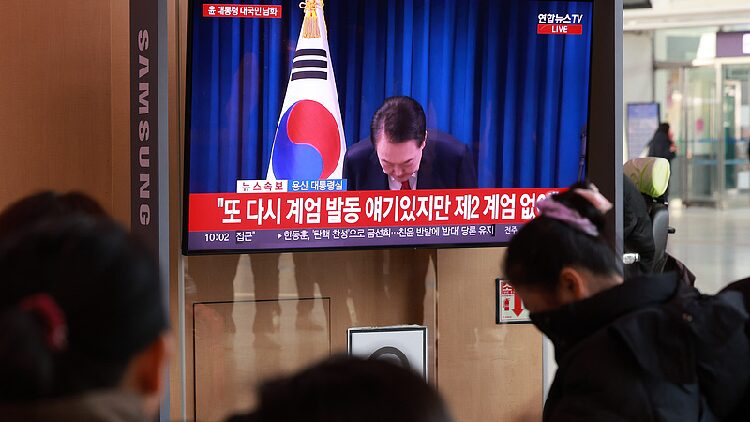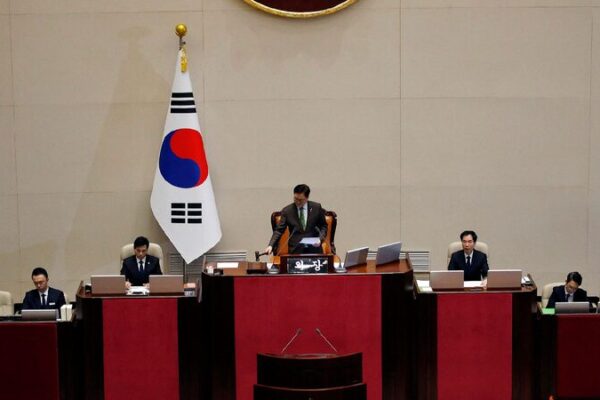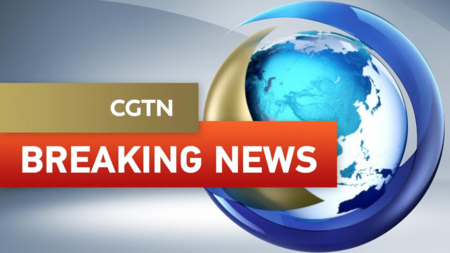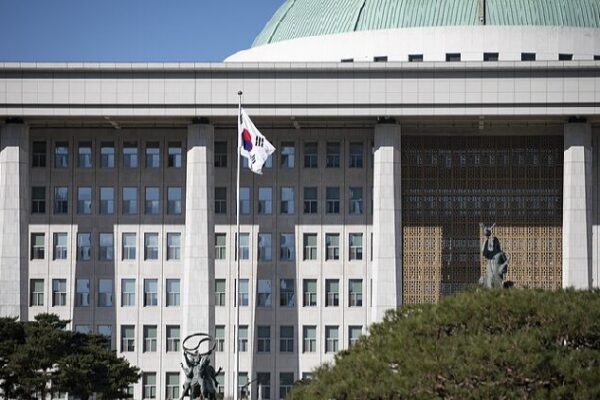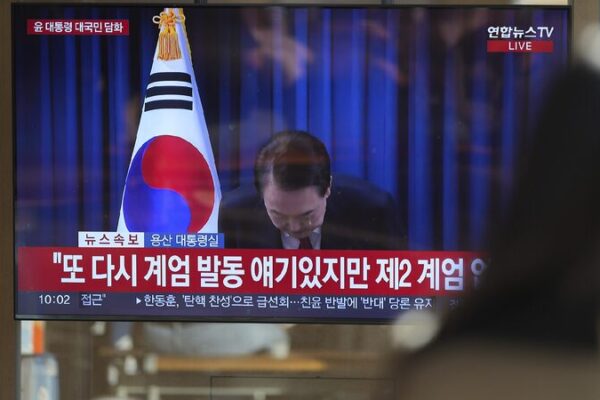Seoul, South Korea—President Yoon Suk-yeol issued a public apology on Saturday after declaring martial law earlier this week, admitting he acted out of “desperation as president.”
In a brief televised address, Yoon promised he would not attempt to impose martial law again. “I will not seek to avoid legal and political responsibility for my decision,” he said. “I will let my party decide my future.”
The apology comes as opposition parties, controlling 192 of the 300 seats in the National Assembly, plan to hold an impeachment vote against Yoon at 5:00 p.m. local time on Saturday. To pass the motion, they need a two-thirds majority—meaning at least eight votes from the ruling People Power Party (PPP).
Han Dong-hoon, leader of the PPP, told reporters that Yoon’s early resignation might be inevitable. “He is no longer in a position to execute his duty,” Han said, without confirming whether the party would support the impeachment motion. Just two days prior, Han had stated the PPP opposed impeachment.
The shift indicates growing divisions within the ruling party. Some lawmakers support impeachment, while senior members advocate against it, urging unity to preserve the party’s leadership position.
“The question of whether to impeach President Yoon involves the party’s overall interests,” said Xiang Haoyu, a researcher at the Asia-Pacific Institute of the China Institute of International Studies. “Calls for Yoon to step down reflect the ruling party’s effort to distance itself from him and minimize damage to the party’s image.”
Xiang added that if the PPP cannot reach a consensus by the time of the vote, the likelihood of the impeachment motion passing increases significantly.
The vote will be conducted by secret ballot, meaning even if the PPP adopts a unified stance against impeachment, individual members may still vote in favor. If eight or more ruling party lawmakers support the motion, it will pass.
“The threshold is actually not very high,” Xiang noted. “Overall, the chances of the National Assembly passing the impeachment motion against Yoon are clearly increasing.”
As the nation watches closely, the outcome of the vote could usher in significant political change for South Korea.
Reference(s):
cgtn.com
